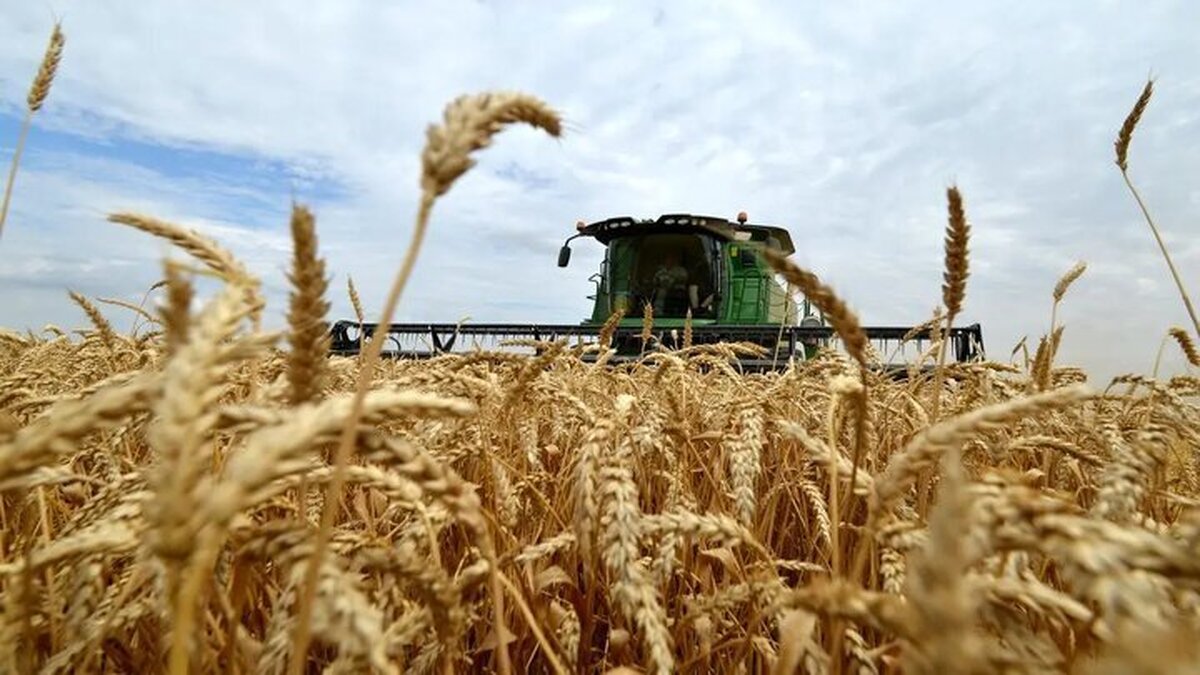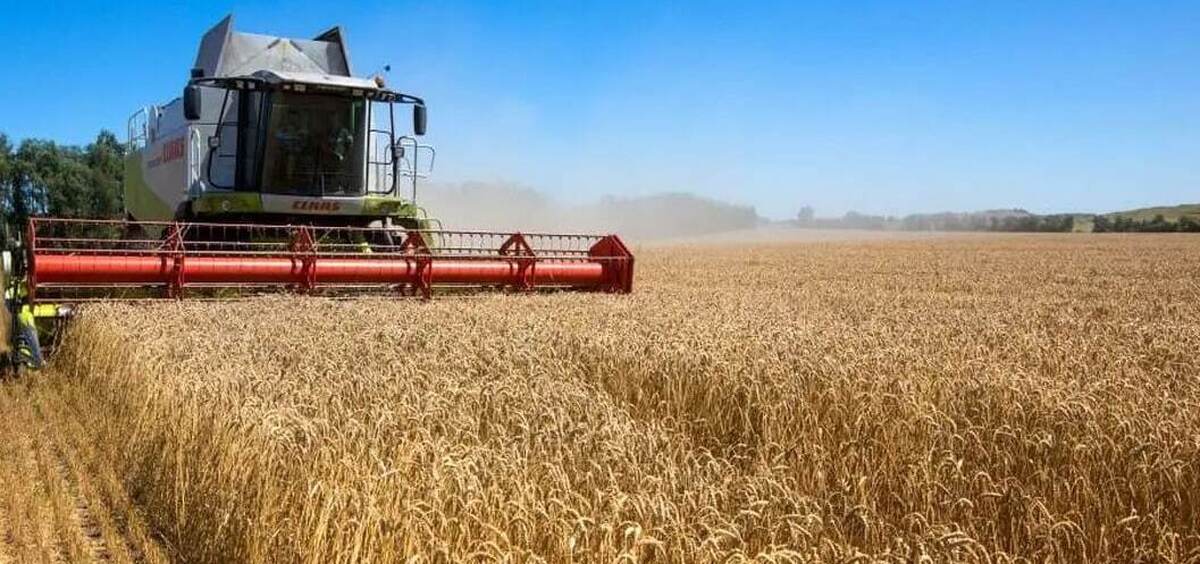
Expanding Int’l AgriTech Ties
EghtesadOnline: To overcome agricultural problems such as water scarcity, lack of equipment and soil erosion, Iranian authorities have started embracing high-tech solutions offered by domestic knowledge-based companies, apart from establishing ties with regional and continental partners.
In line with the latest move, Iran Nanotechnology Innovation Council and Agriculture Biotechnology Research Institute of Iran (ABRII) held a two-day virtual symposium on Nov. 18-19 with the Philippine Department of Science and Technology and Philippine Council for Agriculture, Aquatic and Natural Resources’ Research and Development Department, Mehr News Agency reported.
The event was intended to promote the exchange of information on agricultural nanotechnology, explore the role of public and private sectors in the field, assess and expand Iran-Philippines cooperation in agricultural nanotech, and provide a platform to introduce small- and medium-sized enterprises and knowledge-based companies active in the field to potential investors.
During an opening speech, Leila Mameni, secretary of Executive Committee of Symposium and the head of ABRII, emphasized the disturbing effects of climate change and water scarcity on agricultural production and food security, and said countries need to make maximum use of nanotechnology and new sciences in the agricultural sector.
Challenges facing the agricultural sector and market requirements topped the agenda of the virtual symposium and participants from both countries expressed readiness to support research cooperation between the two sides.
Representatives of two sides agreed upon the joint production of nanosensors, nanopesticides, nanocompost and fertilizers, promotion of recycling agricultural waste, development of water treatment technology and packaging of crops.
Only one-third of Iran’s land area is suitable for farming, but because of poor soil and lack of water, only 12% of this area are under cultivation (arable land, orchards and vineyards).
Less than one-third of the cultivated area is irrigated and the rest is devoted to dry farming.
Switching to modern farming techniques is expected to save water and energy, and make the industry more profitable and efficient.
Tapping Tech Solutions
To help fulfill these goals, a permanent agritech exhibition at the iHiT Center in Tehran has been launched for entrepreneurs and startups to introduce their products to domestic and foreign agricultural firms, promote farming technology and increase exports.
According to the Vice Presidential Office for Science and Technology, the main sponsor of the fair, over 30 knowledge-based companies in the agriculture sector have presented 100 products in a variety of fields such as water treatment, irrigation, soil enrichment, eco-friendly pesticides, ecological composts, hybrid seeds, food enzymes, fruit shop applications and herbal medicine.
Vice President for Science and Technology Sorena Sattari said Iran’s agriculture sector has high potentials for integrating modern technologies, although farmers have become accustomed to traditional farming practices and are resistant to new strategies.
“To address the issue, the vice presidential office and the Agriculture Ministry decided to initially employ farming technology that has proven successful on a small-scale before taking larger steps,” he said.
“A wide gamut of challenges facing the domestic farming sector can be tackled only through the application of new technology, as existing solutions have so far failed to deliver.”
Agriculture Minister Javad Sadatinejad stated that the accomplishments displayed at the exhibition appeal to agriculture value chain players and entrepreneurs because they can help generate wealth and strengthen their position in the domestic economy, while enhancing added value and food safety.
The minister noted that support for the technology ecosystem will continue until Iran’s age-old agriculture is fully upgraded with smart technologies.
AgriTech Development Plans
Besides giving support to knowledge-based teams and startups, the vice presidential office has also planned several projects to help foster a sustainable and more profitable farming industry.
According to a report earlier released by the office’s biotechnology division, four agritech projects with an added value of 5 trillion rials ($17.8 million) will soon be implemented in the sector.
Integrated Plant Nutrient Management is a five-year project, which has already been implemented by knowledge-based companies.
The project helps enrich soil, water, crop and vegetation management practices, customized to a particular cropping and farming system.
Aimed at improving soil fertility and land productivity, the project also reduces environmental degradation.
It also optimizes soil condition, including its physical, chemical, biological and hydrological properties, to boost farm productivity and minimize land degradation, the report said.
The second initiative, a contract farming project, is in the works for cultivating wheat, garlic, onion, tomatoes and oilseeds.
Contract farming is conducted based on an agreement between buyers and farmers, which creates conditions for the production and marketing of a farm product or products.
Typically, the contractor agrees to supply an agreed quantity of a particular agricultural product to the contractee. The project has a five-year timeline and the potential to create numerous jobs.
The third initiative, known as Integrated Pest Management, is an ecological project for controlling pests.
IPM combines the use of biological and farming practices to control pests in agricultural production. It seeks to use natural predators or parasites to control pests, using selective pesticides for backup only when pests are not controlled by natural means.
According to the vice presidential office, several knowledge-based companies and tech teams are now working on the project's details.
Extraterritorial cultivation is the fourth project, which envisages renting farmlands in other countries for cultivating crops and importing them.
Iran is planning to produce maize and other grains through a five-year extraterritorial project.
For water and soil-stressed countries like Iran, the approach is expected to improve food security while also increasing production.




